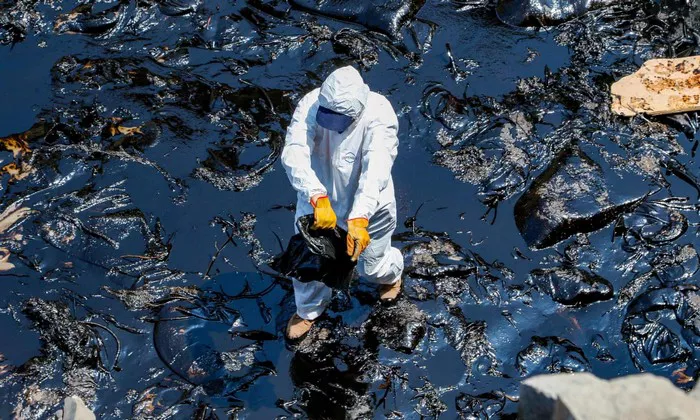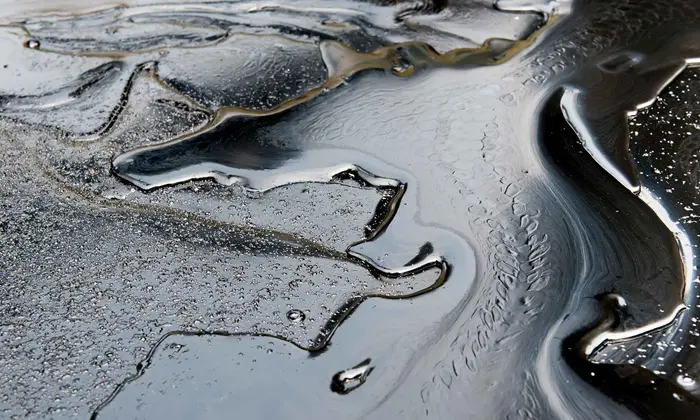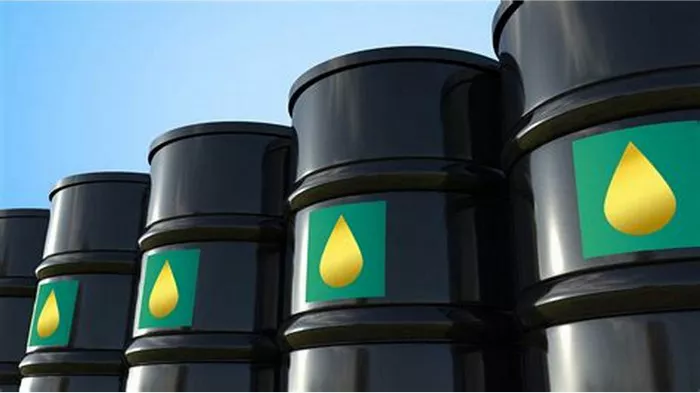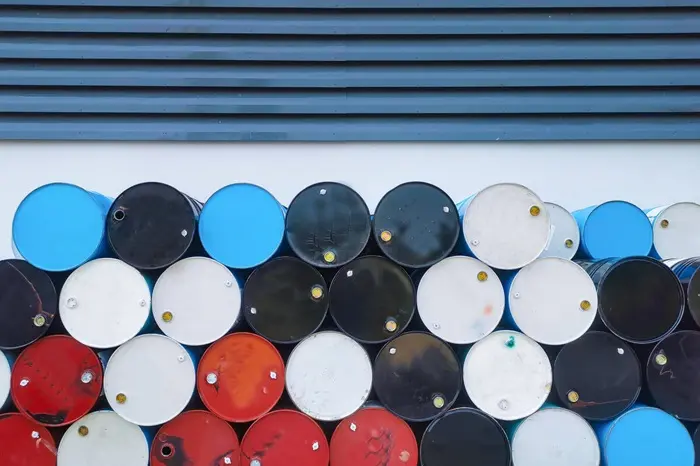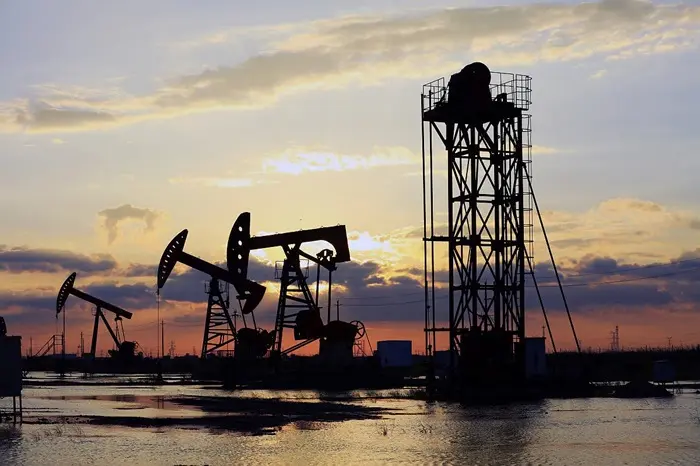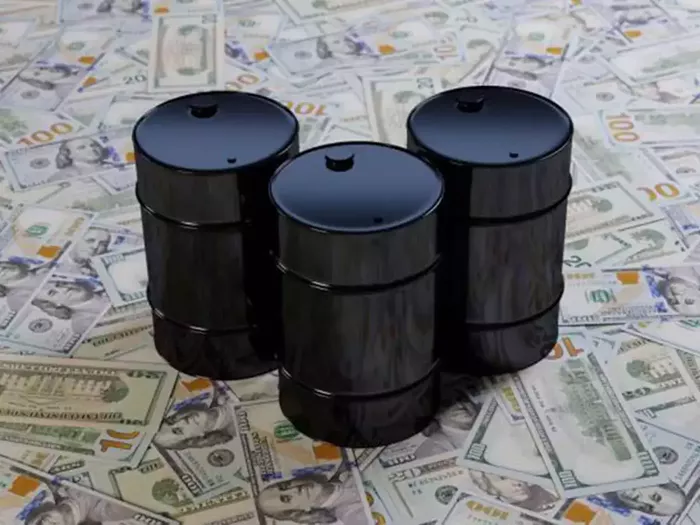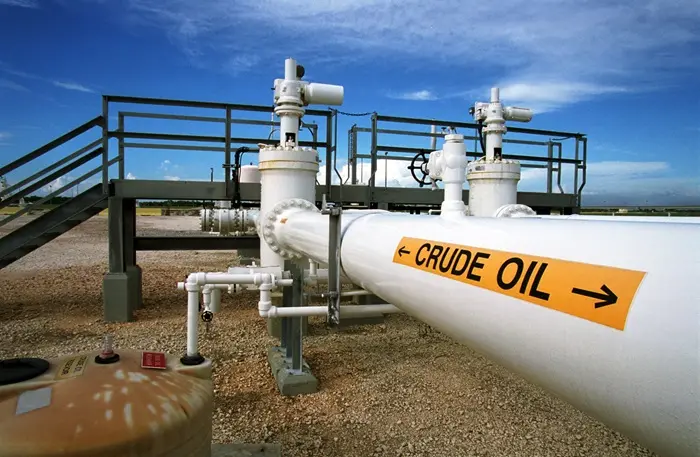Crude oil plays a pivotal role in the global economy, fueling industries, transportation, and heating systems. However, it is widely classified as a non-renewable resource. This article explores why crude oil is considered non-renewable, examining its formation, extraction, and long-term sustainability issues.
Understanding Crude Oil
Before diving into why crude oil is non-renewable, it is essential to understand what crude oil is and how it is used.
What Is Crude Oil?
Crude oil is a naturally occurring fossil fuel found deep beneath the Earth’s surface. It is a complex mixture of hydrocarbons that can be refined into various products, including gasoline, diesel, jet fuel, and heating oil.
Uses of Crude Oil
Transportation: Powers cars, trucks, airplanes, and ships.
Heating: Used in residential and industrial heating systems.
Manufacturing: Serves as a raw material for plastics, chemicals, and synthetic materials.
Formation of Crude Oil
Crude oil is formed from the remains of ancient marine organisms buried under layers of sediment and rock. Over millions of years, heat and pressure transform these remains into hydrocarbons.
Process of Formation
Organic Matter Accumulation: Marine organisms die and settle on the ocean floor.
Sediment Burial: Layers of sediment accumulate, burying the organic material.
Heat and Pressure: Increasing temperature and pressure transform the material into crude oil.
Non-Renewable Resource Defined
To understand why crude oil is considered non-renewable, we must first define what non-renewable resources are.
What Are Non-Renewable Resources?
Non-renewable resources are natural resources that cannot be replenished within a human timeframe once they are depleted. They exist in finite quantities and are typically formed over geological timescales.
Characteristics of Non-Renewable Resources
Finite Supply: Limited availability that cannot be quickly replaced.
Long Formation Periods: Formation occurs over millions of years.
Environmental Impact: Extraction and use often lead to significant environmental changes.
Why Is Crude Oil Non-Renewable?
Several factors contribute to crude oil being classified as a non-renewable resource.
Finite Reserves
Limited Amounts of Crude Oil
Crude oil reserves are finite and limited to the amounts trapped within geological formations. Once extracted, they are not replaced on a human timescale.
Estimating Reserves
Proven Reserves: Quantities of crude oil that can be extracted with current technology.
Unproven Reserves: Potential quantities that may be extracted with advancements in technology or new discoveries.
Long Formation Time
Geological Timeframes for Formation
The formation of crude oil takes millions of years, far exceeding the human lifespan. This long formation period means that the rate of consumption far outpaces the rate of formation.
Formation Period
Organic Material: Accumulation and burial take thousands to millions of years.
Heat and Pressure: Transformation into crude oil occurs over extensive geological timescales.
Extraction and Depletion
Rapid Extraction Rates
Crude oil is extracted at a rate that far exceeds the natural processes that could potentially replenish it. This rapid extraction leads to the depletion of available reserves.
Extraction Techniques
Drilling: Involves drilling wells to access crude oil deposits.
Fracking: A method that uses hydraulic pressure to extract oil from rock formations.
Environmental and Economic Factors
Challenges in Extraction and Use
The environmental impact of crude oil extraction and use further contributes to its non-renewable status. Environmental degradation and economic factors also play significant roles.
Environmental Impact
Habitat Destruction: Oil drilling can lead to the destruction of ecosystems.
Pollution: Spills and emissions can contaminate air, water, and soil.
Economic Factors
High Costs: Extracting oil from difficult-to-reach locations can be expensive.
Market Volatility: Oil prices can fluctuate based on supply and demand, impacting the economy.
See Also: Gasoline Production: How Much from a Barrel of Oil?
Consequences of Crude Oil Depletion
The depletion of crude oil reserves has several implications for the environment, economy, and global energy landscape.
Energy Security
Impact on Energy Supply
The depletion of crude oil reserves can impact energy security, leading to potential shortages and increased reliance on alternative energy sources.
Alternative Energy Sources
Renewables: Solar, wind, and hydropower as sustainable alternatives.
Biofuels: Fuels derived from biological materials that can replace or supplement crude oil.
Economic Implications
Economic Instability
The decline in crude oil availability can lead to economic instability, affecting industries reliant on oil and increasing energy costs for consumers and businesses.
Economic Strategies
Diversification: Investing in alternative energy sources and technologies.
Innovation: Developing new technologies for more efficient energy use.
Environmental Impact
Long-Term Environmental Effects
The environmental impact of crude oil extraction and use extends beyond depletion, including climate change, habitat destruction, and pollution.
Mitigation Strategies
Regulations: Implementing environmental regulations to reduce the impact of oil extraction.
Conservation: Promoting conservation efforts and sustainable practices.
Future Outlook
The Role of Technology and Policy
The future of crude oil and its non-renewable status will be influenced by technological advancements and policy decisions aimed at reducing dependence on fossil fuels.
Technological Advancements
Innovations in Energy
Advancements in technology can play a crucial role in transitioning away from crude oil and addressing its non-renewable nature.
Key Innovations
Energy Efficiency: Developing technologies to use energy more efficiently.
Alternative Fuels: Advancing research into alternative fuels and energy sources.
Policy and Regulation
Government Actions
Government policies and regulations will influence the transition from crude oil to more sustainable energy sources, impacting its long-term role in the global energy landscape.
Policy Measures
Incentives: Providing incentives for renewable energy adoption.
Regulations: Enforcing regulations to reduce crude oil consumption and environmental impact.
Conclusion
Crude oil is considered a non-renewable resource due to its finite reserves, long formation period, rapid extraction rates, and significant environmental and economic impacts. As crude oil reserves deplete, the focus shifts to finding sustainable alternatives and addressing the challenges associated with its use.
Understanding why crude oil is non-renewable underscores the importance of transitioning to renewable energy sources and adopting technologies that can mitigate the environmental and economic impacts of our reliance on fossil fuels. Through technological innovation and informed policy decisions, we can work towards a more sustainable energy future.
[inline_related_posts title=”You Might Be Interested In” title_align=”left” style=”list” number=”3″ align=”none” ids=”3613,3586,3509″ by=”categories” orderby=”rand” order=”DESC” hide_thumb=”no” thumb_right=”no” views=”no” date=”yes” grid_columns=”2″ post_type=”” tax=””]

